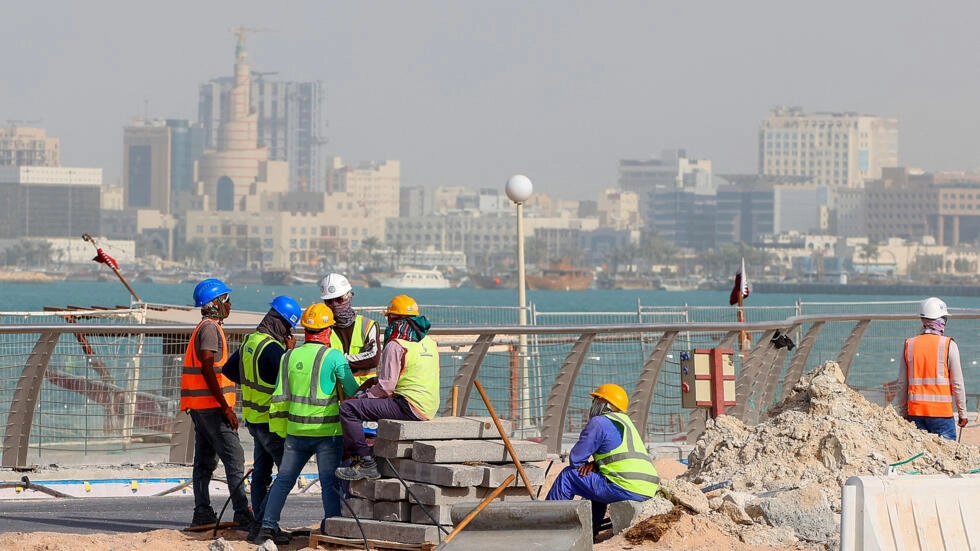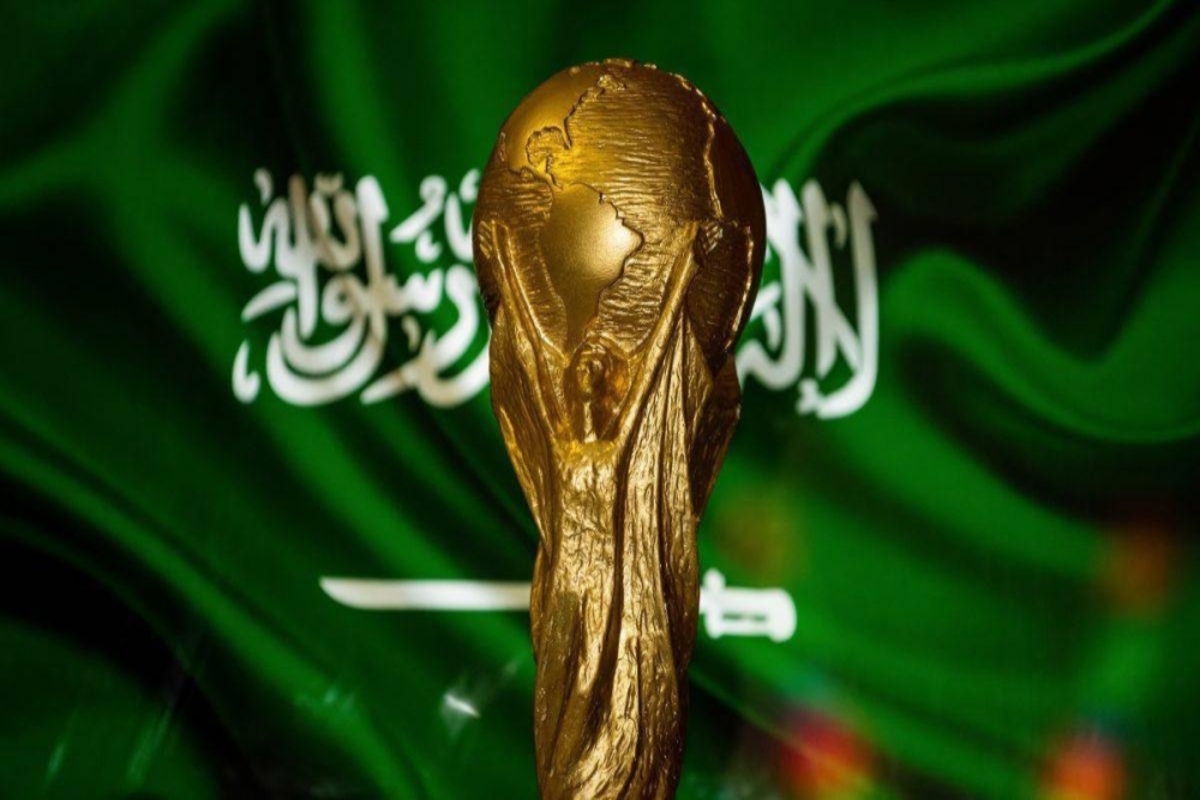Historically, Gulf Cooperation Countries have used a strategy of repression by imposing state control of the media or through broad laws and strict censorship. Often, the governments justify this control by referring to social values like cohesiveness and harmony in society. However, this strategy poses journalists in the Gulf at extreme risk. They are harassed,[…]
Last month, FIFA announced that Saudi Arabia will host the next 2034 World Cup. Their announcement highlights unsolved issues from the 2022 Qatar edition. FIFA and Qatar did not uphold the respect of migrant workers’ rights involved in building the necessary infrastructures for the most important football competition. This negligence convinced different members of the[…]
On the 31st of October, FIFA announced that Saudi Arabia had become the sole bidder of the 2034 World Cup. The decision certainly does not come as a surprise. FIFA has regularly been criticized for bribery scandals and its nonchalance in sponsoring World Cups in states with poor human rights standards (Russia, China, Qatar). Nonetheless,[…]
Today, an oral intervention was delivered at the 43rd session of the United Nations Human Rights Council, under Item 3 in the Interactive Dialogue with the Special Rapporteur on the Right to Privacy. The intervention focused on the negative impact of cyber surveillance on privacy rights in the United Arab Emirates. Please continue reading for[…]
On 16 August 2019, the United Nations Special Rapporteur on minority issues and the Special Rapporteur on freedom of religion or belief sent an to the Government of Qatar. The letter brought forth allegations concerning the discriminatory treatment of the Bahá’í religious minority in Qatar, specifically involving deportations, blacklisting, the inability to build a cemetery,[…]









